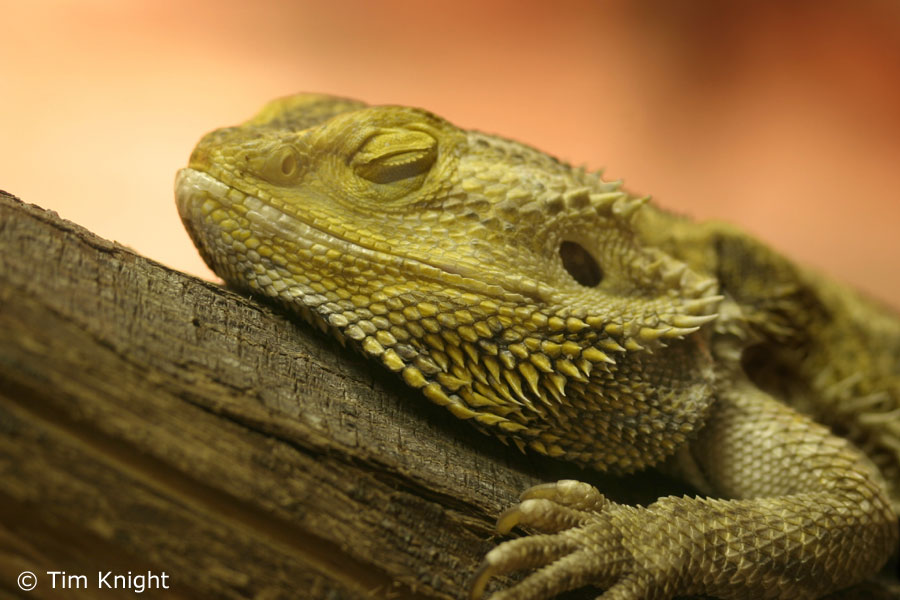Impacted Bearded Dragon Symptoms: How to Identify and Treat Them
Impacted Bearded Dragon Symptoms: How to Identify and Treat Them

Bearded dragons are known for their laid-back personalities and unique appearance. They are great pets and can live for up to 20 years with proper care. However, like all pets, they may experience health issues from time to time. One of the most common problems in bearded dragons is impaction. In this article, we will talk about impacted bearded dragon symptoms, how to identify them, and what you can do to treat them.
What is Impaction in Bearded Dragons?
Impaction is a blockage in the digestive system that prevents the proper elimination of waste. This problem can occur in bearded dragons when they eat something that they cannot digest or when there is a lack of fiber in their diet. The blockage can be partial or complete and can occur in different parts of the digestive tract such as the stomach, small intestine, or colon.
Impacted Bearded Dragon Symptoms
Impaction can cause a wide range of symptoms in bearded dragons. Here are some common impacted bearded dragon symptoms that you should look out for:
- Loss of appetite
- Lethargy
- Bloated stomach
- Painful abdomen
- Constipation
- Difficulty passing stool
- Black, stringy or bloody stool
- Vomiting
- Dehydration
If your bearded dragon shows any of these impacted bearded dragon symptoms, it is important to take action as soon as possible to prevent further health issues. In severe cases, impaction can lead to infections, organ failure, and even death.
How to Treat Impacted Bearded Dragons
If you suspect that your bearded dragon is impacted, the first thing to do is to take them to a veterinarian who specializes in reptiles. Your vet will perform a physical exam, take an x-ray, and recommend the best course of treatment. Depending on the severity of the blockage, treatment may include:
- Fluid therapy to rehydrate your bearded dragon
- Pain medication to relieve discomfort
- Laxatives to help pass the blockage
- Enemas to soften the stool
- Surgery to remove the blockage
In addition to the treatment recommended by your vet, there are some things you can do at home to help your bearded dragon recover:
- Increase the temperature and humidity in their enclosure to promote digestion
- Offer fresh greens with high fiber content such as kale or collard greens
- Bathe your bearded dragon in warm water to encourage bowel movement
- Massage their stomach gently to help stimulate digestion
Preventing Impaction in Bearded Dragons
Prevention is key when it comes to avoiding impaction in bearded dragons. Here are some things you can do to prevent this problem from occurring in the first place:
- Provide a balanced diet that includes fresh greens, vegetables, and insects
- Avoid feeding your bearded dragon sand or gravel as substrate
- Ensure that your bearded dragon has access to clean water at all times
- Monitor their bowel movement and make sure they are passing stool regularly
Conclusion
Impaction is a serious health issue that can affect bearded dragons of all ages. It is important to be aware of impacted bearded dragon symptoms and take action as soon as possible to ensure your pet’s health and well-being. If you suspect that your bearded dragon is impacted, take them to a reptile vet immediately. With timely and appropriate treatment, your bearded dragon can make a full recovery.

For more information on bearded dragon care, check out our other articles on this topic. And if you have any questions or concerns, feel free to leave a comment below.
